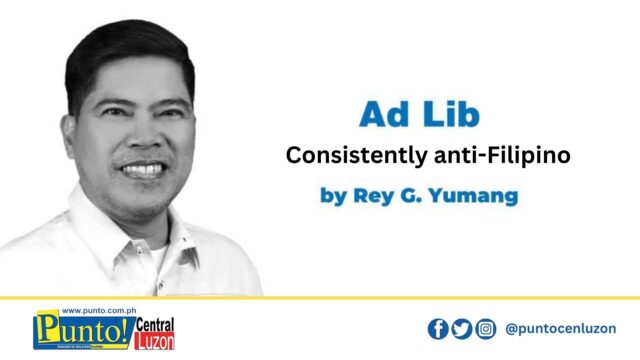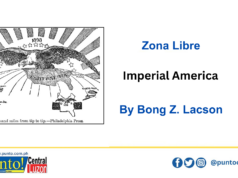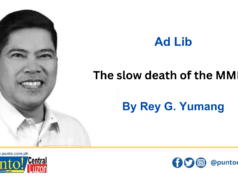OUR HONORABLE lawmakers have done it again! From providing zero budget to PhilHealth to slashing the education budget by around P12 billion; and now, authorizing the use of “excess funds” from the Philippine Deposit Insurance Corp. (PDIC) to address the country’s fiscal shortfall.
Approved in December 2024, the decision to transfer the P107.23-billion fund from the PDIC to the Bureau of the Treasury was in compliance with the Congress-approved General Appropriations Act of 2024 or the National Budget Program. This move not only violates constitutional provisions but also endangers the stability of the Philippine banking system and the financial security of Filipino depositors.
The PDIC was established on June 22, 1963 by Republic Act 3591 to provide depositor protection and help maintain stability in the financial system by providing permanent and continuing deposit insurance. At present, deposits up to P500,000 in member banks are insured, giving Filipino depositors the assurance that their hard-earned savings are protected in the event of any bank failure.
The PDIC funds have been generated from the premiums paid by banks and its investments, and have served as the very backbone of this protection scheme. Now, the decision by Congress to divert these funds for other government expenditures directly contradicts the provisions of the 1987 Constitution. According to Article XII, Section 17, the funds of these government-owned or controlled corporations cannot be used for purposes other than their intended role. The PDIC’s core mandate is to protect depositors, not to bail out government fiscal mismanagement.
Despite the assurance from PDIC president Roberto Tan of a substantial and sufficient amount under the corporation’s Deposit Insurance Fund, this move is quite expectedly sending waves of restlessness and doubts among the banking public. If the PDIC’s funds are depleted, the government may struggle to meet its obligation to safeguard depositors, potentially creating a domino effect of panic among depositors and ultimately, weakening the banking sector.
As it is, the Philippine banking industry is already facing significant pressure from economic instability and a post-pandemic recovery phase. With reduced PDIC reserves, banks may find themselves exposed to higher risks, including potential defaults on deposit guarantees. Nothing can be as devastating for the banking industry as the loss of public confidence.
If our lawmakers and the country’ economic planners are bent on funding priority projects and essential services, they need not compromise the integrity of institutions like the PDIC and the PhilHealth, or slashing budget for education. There are actually a number of sustainable ways to fund the government’s priority projects without harming the Filipino people.
What about redirecting funds from corruption-laden sectors such as the Department of Public Works and Highways and the Bureau of Customs? By conducting thorough audits of state-funded projects, improving transparency and eliminating fraudulent practices, the government can actually save billions of pesos and redirect them to vital programs.
What about streamlining and modernizing the tax system? By improving tax collection efficiency, broadening the tax base, and closing loopholes, the government can generate the revenue needed to fund important projects without resorting to harmful cuts.
What about fostering Public-Private Partnerships? By collaborating with the private sector on large infrastructure projects and social services, the government can tap an alternative funding source without relying on government savings or borrowing.
What about reducing unnecessary government spending? By re-assessing non-essential government programs and expenditures, such as excessive subsidies or duplicative services, the government can generate additional savings that could be better spent on areas where they the most immediate impact on the Filipino people.
There are actually more innovative and practical ways. But, is the rubber-stamp Congress filled with a long list of trapos, nepo babies, clowns and has-beens willing to take its role seriously? Of course, the answer is pretty obvious.





